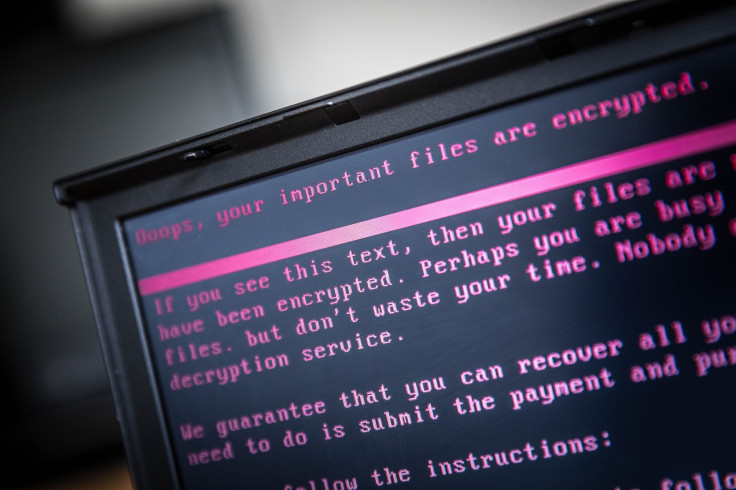Dark Web Drug Dealer OxyMonster's $700,000 Crypto Assets Seized, Sentenced 20 Years

A district judge handed down a 20-year prison sentence Tuesday to Gal Vallerius, who is known as “Oxymonster” on the dark web drug hub "Dream Market". He was arrested in 2017 while attending the World Beard and Moustache Championship in Austin, Texas, and charged with drug dealing and money laundering.
In his plea agreement, Vallerius, a French-Israeli citizen, confessed to selling drugs like oxycodone, heroin, cocaine, fentanyl, and Ritalin in exchange for cryptocurrencies — including bitcoin and bitcoin cash — over the dark web. More than 100 bitcoin and 121 bitcoin cash — estimated to be about $700,000 in current prices — were seized from him as proceeds of illegal activity and will now be forfeited to the government. Valleirus will serve his sentence in a South Florida prison.
“This is a very serious offense involving a huge amount of drugs,” District Judge Robert Scola said at the hearing.
Investigators said Dream Market is one of the biggest criminal sites for anonymous buyers and sellers to do illegal transactions. "Three days before Vallerius was arrested in August 2017 arrest, authorities say there were more than 47,000 illegal drug listings on Dream Market," the Times of Israel reported.
Vallerius's lawyer Anthony Natale said he was cooperating with authorities in a continuing investigation and that could help in lowering his prison sentence. “He has pled guilty. He has accepted responsibility,” Natale said.
According to court documents, undercover DEA agents made many purchases through Dream Market for drugs such as crystal methamphetamine, LSD, and hydrocodone, which were shipped to various addresses in the Miami area. "Agents were later able to link Vallerius to Dream Market through searches of his laptop computer and other electronic devices seized at the Atlanta airport," the Times of Israel reported.
This is not the first time that cryptocurrencies have been forfeited by the government from a criminal. In 2015, after Silk Road — an online black market — creator, Ross Ulbricht was given a life sentence, the government took possession of 144,336 bitcoin found on his laptop. At a time when the price of one bitcoin was about $300, the government made a total of over $48 million selling them at multiple auctions.
In 2017, the District Court in California also seized over $8 million worth of cryptocurrency from Alexandre Cazes who committed suicide in Thailand after being accused of managing a dark web market AlphaBay. With more cases related to the crime which might ultimately lead to similar forfeitures, the U.S. government could be dealing with cryptocurrency auctions more regularly.
The U.S. Marshals Service — the nation’s federal law enforcement agency — announced last week it will auction approximately $4.3 million worth of bitcoin starting Nov. 5. The announcement said the sealed bid auction was for about 660 bitcoin that were forfeited in federal criminal, civil, and administrative cases.
© Copyright IBTimes 2025. All rights reserved.





















